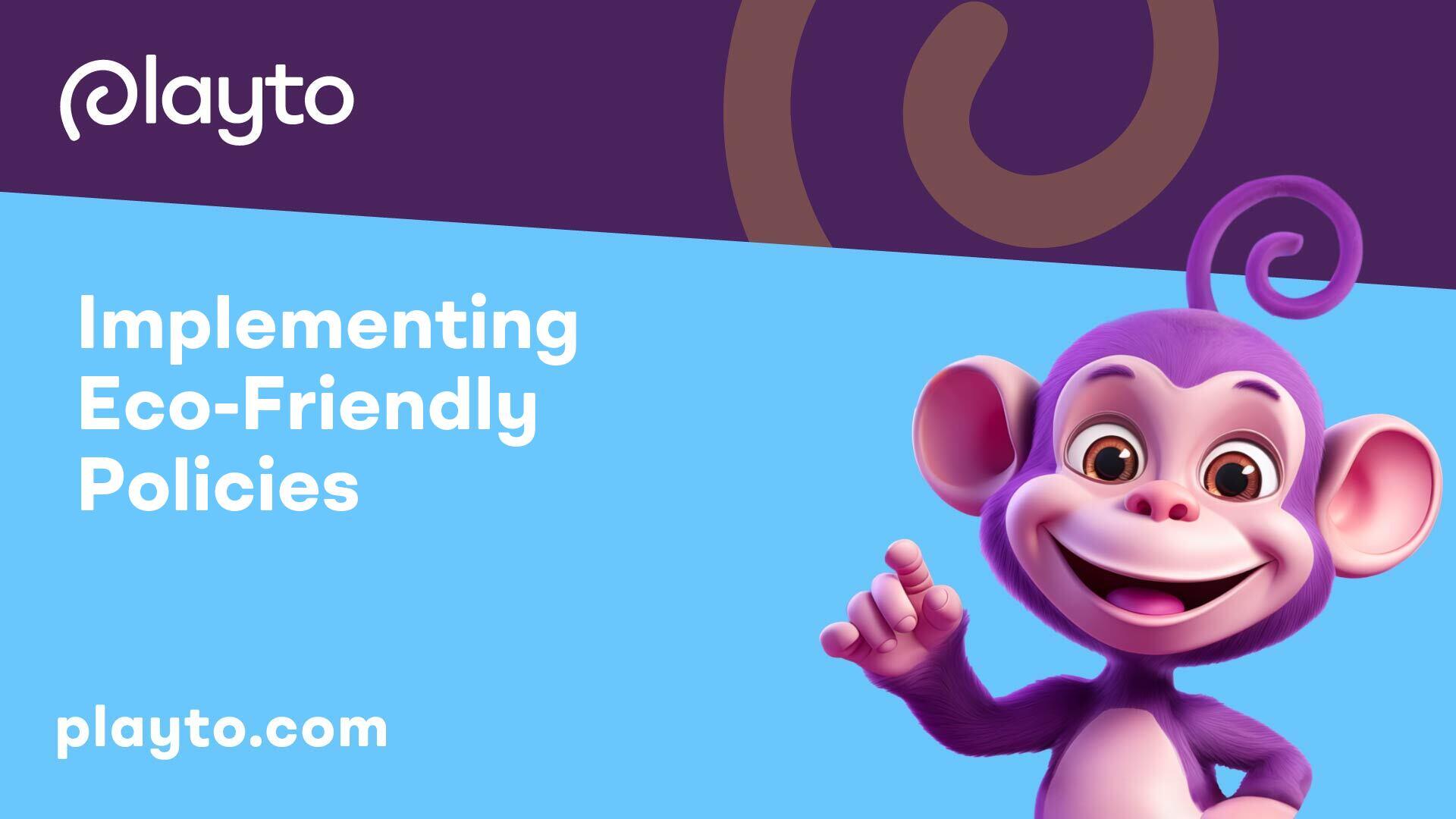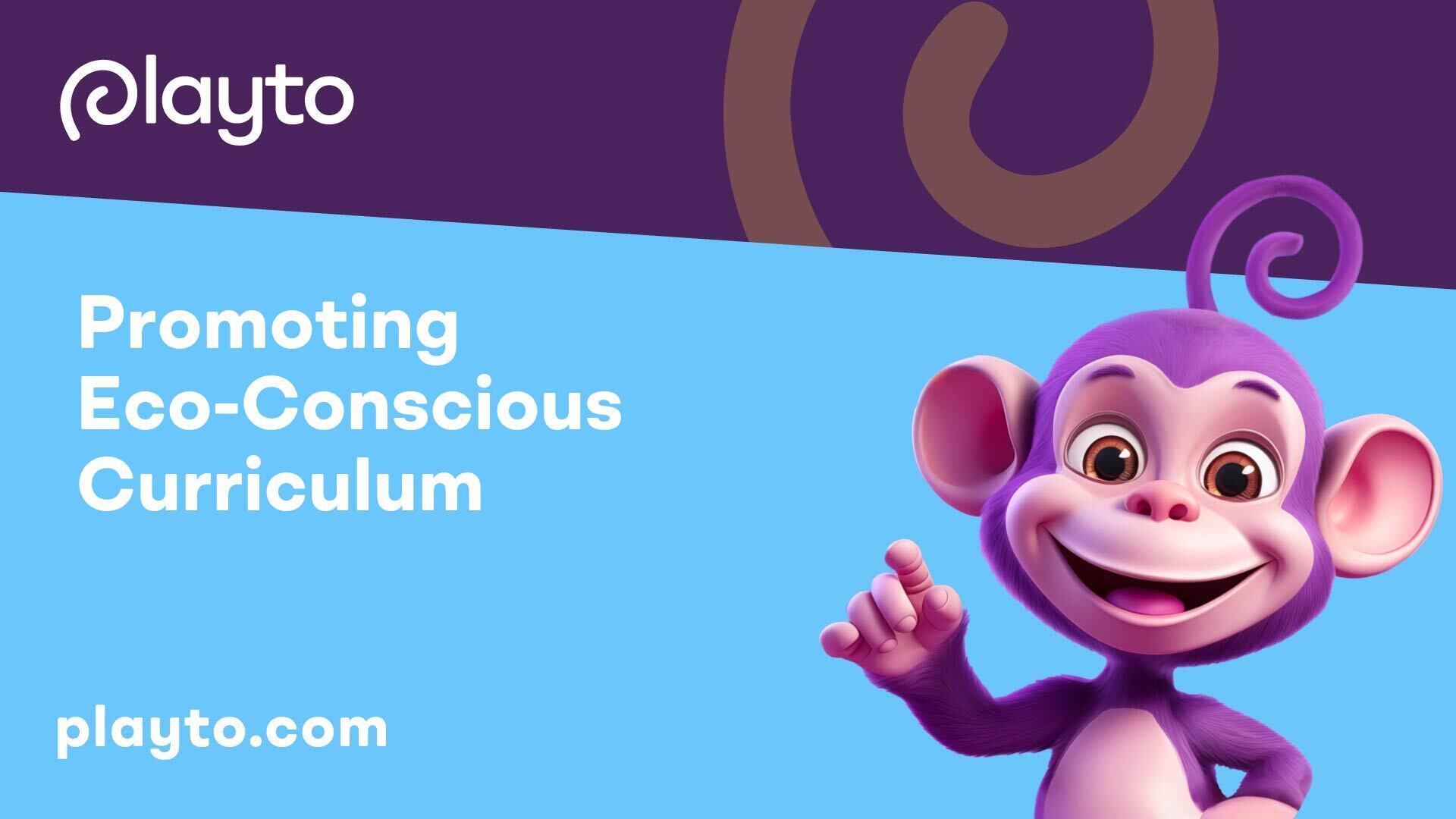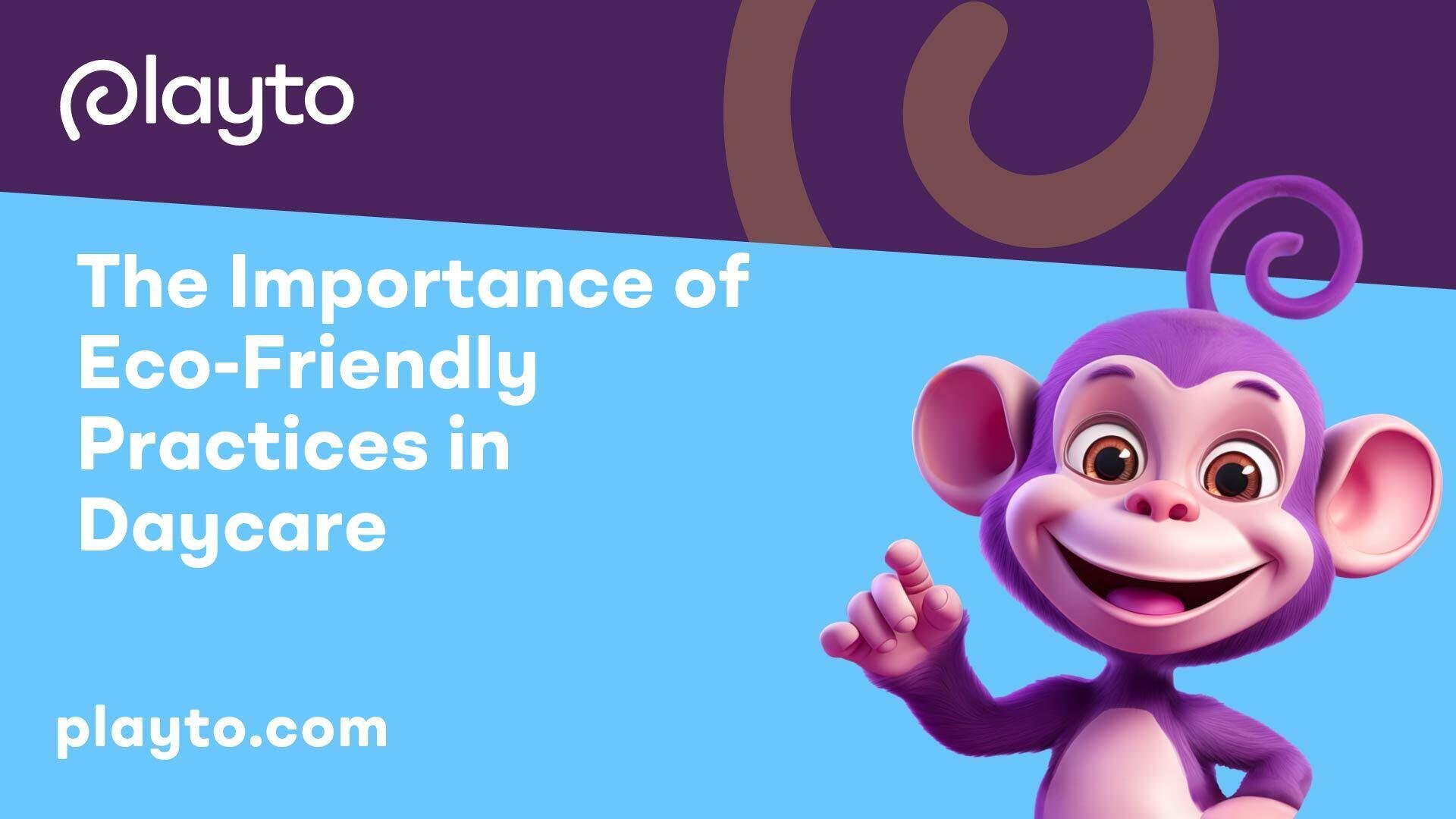
Incorporating Sustainability in Daycares
In the realm of daycare, the ethos of sustainability is of utmost importance in fostering a healthy and eco-conscious environment for children. This involves not only incorporating sustainable education in childcare but also implementing sustainable practices in daily operations to instill a sense of environmental responsibility in both children and adults.
Sustainable Education in Childcare
Sustainability in early childhood education goes beyond traditional teaching methods. It involves embedding environmental education in the curriculum and daily operations. Educators play a pivotal role in integrating sustainable practices, fostering a sense of responsibility and respect for the environment [1]. By incorporating concepts of sustainability into learning activities, children are encouraged to develop a deep-rooted appreciation for the world around them.
It is crucial for child care facilities to create a nurturing environment that is not only developmentally appropriate but also environmentally sensitive. Ensuring the integration of sustainable education in the curriculum helps in cultivating lifelong values of conservation and preservation among the children.
Sustainable Practices in Daily Operations
In addition to sustainable education, daycare centers should prioritize sustainable practices in their daily operations. This includes developing policies that focus on energy efficiency, water conservation, waste reduction, and community engagement. By having a clear environmental commitment statement, daycare centers can work towards providing a cleaner and healthier environment while supporting sustainability.
Minimizing waste, reducing energy and water consumption, and using fewer toxins are integral components of sustainable daycare practices as mandated by the National Quality Standard (NQS) in Australia. By incorporating these practices into daily operations, daycare centers can create a nurturing space that not only benefits the children but also contributes positively to the environment.
By integrating sustainable education in childcare and embracing sustainable practices in daily operations, daycare centers can lay the foundation for a greener, healthier future for the children under their care. These efforts not only promote environmental consciousness but also instill the values of responsibility and respect for the planet in the youngest members of society.

Implementing Eco-Friendly Policies
To uphold the importance of eco-friendly practices in daycare, implementing sustainable policies is key to cultivating a green environment that benefits both the children and the planet. Let's delve into specific measures including energy efficiency, water conservation initiatives, and waste reduction strategies.
Energy Efficiency Measures
Daycares can significantly reduce their carbon footprint and environmental impact by adopting energy-efficient practices. This involves optimizing energy use through actions like using natural lighting, energy-efficient appliances, and smart thermostats to regulate heating and cooling systems. By incorporating these measures, daycares not only reduce their electricity consumption but also set a positive example for young children on the importance of conserving energy.
Water Conservation Initiatives
Water conservation is a vital aspect of sustainability in daycare centers, given the high water usage in such facilities. By implementing water-saving practices and installing water-efficient fixtures like low-flow toilets and faucets, daycares can significantly reduce their water consumption. Educating both staff and children on the importance of water conservation and fixing leaks promptly are essential steps toward creating a culture of resourcefulness and sustainability in daycare settings.
Waste Reduction Strategies
Switching to eco-friendly cleaning and maintenance routines, incorporating recycled and second-hand materials in children's play areas, and promoting the concept of reusing items are effective strategies for reducing waste output in daycares. Through these waste reduction strategies, daycares not only minimize their environmental impact but also teach children the value of using resources responsibly. Implementing recycling programs, composting organic waste, and opting for eco-friendly cleaning products further contribute to creating a more sustainable and eco-conscious daycare environment [4].
By focusing on energy efficiency, water conservation, and waste reduction, daycares can play a crucial role in fostering a culture of sustainability and environmental stewardship among children. These eco-friendly policies not only benefit the daycare itself but also instill lifelong values of conservation and responsible resource management in young minds.

Promoting Eco-Conscious Curriculum
In the realm of childcare, promoting an eco-conscious curriculum is crucial for instilling environmental awareness and responsibility in young children. By incorporating sustainable education practices into the curriculum, educators can nurture a generation that values and protects our natural world. Let's delve into two key aspects of promoting an eco-conscious curriculum: environmental learning activities and the implementation of green curricula.
Environmental Learning Activities
Educators bear the responsibility of integrating sustainable education into everyday practices, making it an intrinsic part of the curriculum and daily operations of daycare services. This approach fosters a sense of responsibility, respect for the environment, active participation, and social change among both educators and children. By engaging children in hands-on environmental learning activities, such as planting gardens, recycling projects, or nature walks, they can develop a deeper connection to nature and understand the importance of environmental conservation and sustainability [1].
Encouraging children to interact with nature and participate in eco-friendly initiatives not only enhances their understanding of environmental issues but also cultivates a sense of stewardship towards the planet. Such activities help children develop empathy for the natural world and inspire them to become responsible global citizens.
Green Curricula Implementation
Sustainable practices in childcare involve various measures, including waste minimization, energy efficiency, and reduced water consumption. It is essential for daycare providers to align their practices with sustainability principles to ensure a greener future for the next generation. National quality standards mandate the incorporation of sustainable practices to minimize waste, reduce energy and water consumption, and limit exposure to toxins.
Implementing a green curriculum goes beyond theoretical learning; it involves hands-on experiences and real-world applications that empower children to make environmentally conscious decisions. By incorporating sustainability principles across all aspects of the curriculum, from arts and crafts to outdoor play, children can develop a holistic understanding of the importance of environmental conservation.
By integrating environmental learning activities and green curricula into daycare settings, educators can nurture children's sense of environmental responsibility and equip them with the knowledge and skills needed to become stewards of our planet. An eco-conscious curriculum not only benefits the environment but also fosters a generation of environmentally aware and proactive individuals who will contribute to a sustainable future.
Creating an Eco-Friendly Environment
In the realm of daycare centers, fostering an eco-friendly environment is paramount to instilling sustainable practices in young minds. By incorporating natural materials, recycled decor, and eco-friendly storage solutions, daycare facilities can create a nurturing space that promotes environmental consciousness and health among children.
Natural Materials in Daycare Setting
Utilizing natural materials such as wood, bamboo, cotton, and wool in daycare centers is a fundamental way to establish an eco-friendly environment that prioritizes the well-being of children. These materials are sustainable, non-toxic, and biodegradable, aligning perfectly with the eco-conscious ethos. By opting for natural materials, daycare centers not only contribute to a healthier indoor environment but also provide children with tactile experiences and connections to the natural world.
Recycled Decor for Sustainability
Integrating recycled decor within daycare centers serves a dual purpose: reducing waste and nurturing environmental awareness in young learners. Materials like reclaimed wood, recycled metal, and repurposed plastics can substantially lessen the carbon footprint of daycare facilities while stimulating creativity and eco-conscious thinking among children. This eco-friendly approach to decor not only enhances the aesthetics of the space but also fosters a sense of responsibility towards the environment.
Eco-Friendly Storage Solutions
Embracing eco-friendly storage solutions in daycare settings is crucial for maintaining an organized and sustainable environment. By employing materials like wood, bamboo, or recycled elements in storage units, daycare centers can reduce waste and promote responsible consumption practices. Storage solutions crafted from repurposed crates or pallets not only minimize environmental impact but also create visually appealing and functional spaces for children, encouraging eco-conscious behaviors. Ensuring that storage solutions are eco-friendly contributes to an overall eco-conscious atmosphere within the daycare, aligning with the principles of sustainability and environmental stewardship.
By incorporating natural materials, recycled decor, and eco-friendly storage solutions, daycare centers can cultivate an eco-friendly environment that not only benefits the planet but also nurtures a sense of environmental responsibility and awareness in the young minds they care for. Creating a sustainable and healthy space within daycare facilities sets a positive example for children, encouraging them to become conscientious stewards of the environment from a young age.
Enhancing Indoor Air Quality
In a daycare setting, ensuring good indoor air quality is essential for the health and well-being of children. This section focuses on two key aspects of improving indoor air quality in daycare centers: the benefits of green plants and green cleaning practices.
Benefits of Green Plants
Incorporating green plants into daycare centers is beneficial for enhancing indoor air quality and creating a healthier environment for children. Plants play a vital role in absorbing carbon dioxide and releasing oxygen, which not only improves air quality but also provides educational opportunities for children to learn about plant care and the importance of living things. According to ChildCareRenovation, green plants contribute to a calming ambiance, reduce stress levels, and promote a sense of well-being among children.
Moreover, green plants can help to reduce pollutants in the air, such as volatile organic compounds (VOCs), and regulate humidity levels, creating a more comfortable and healthier atmosphere for children to thrive in. By introducing a variety of plant species in daycare settings, providers can engage children in nature-based learning experiences and foster a deeper appreciation for the environment.
Green Cleaning Practices
Implementing green cleaning practices in daycare centers is essential to minimize the environmental impact of chemical-based cleaning products and safeguard the health of both children and staff members. Traditional cleaning products often contain harmful chemicals that can contribute to respiratory issues, asthma, allergies, and chemical sensitivities. Transitioning to natural or green cleaning products is advocated as a safer and more sustainable alternative, as noted by Aussie Childcare Network.
By opting for natural cleaning solutions, daycare facilities can reduce their ecological footprint while creating a healthier indoor environment for everyone. Green cleaning products are formulated using environmentally friendly ingredients that are biodegradable and free from harsh chemicals, ensuring that the air quality remains pristine and free from harmful toxins. Educating staff members on the benefits of green cleaning practices and encouraging environmentally conscious behavior can further promote sustainability and eco-friendly practices within daycare settings.
Ensuring that daycare centers prioritize the inclusion of green plants and adopt green cleaning practices not only contributes to better indoor air quality but also instills valuable lessons in sustainability and environmental stewardship among young children. By creating a nurturing and eco-friendly environment, daycare providers can lay the foundation for a healthier future while fostering a deeper connection between children and nature.
Fostering Water Conservation
Water conservation plays a pivotal role in promoting sustainability and resourcefulness in daycare settings. Implementing water-efficient fixtures and educating children on water-saving practices are essential steps in fostering a water-conscious environment within daycares.
Water-Efficient Fixtures
High water consumption in childcare centers necessitates the adoption of water-efficient fixtures to minimize wastage and reduce environmental impact. By installing low-flow toilets, faucets, and showerheads, daycare facilities can significantly decrease water usage without compromising functionality. These fixtures are designed to deliver adequate water flow while conserving water, making them ideal for promoting sustainability in daycare centers.
Educating staff and children about the importance of using water-efficient fixtures and the impact of water conservation can enhance awareness and encourage mindful water usage. Through interactive activities and educational campaigns, daycare providers can instill eco-friendly habits in children, fostering a culture of environmental responsibility from a young age.
Educating on Water-Saving Practices
Incorporating water-saving practices into daily routines at daycare centers is crucial for instilling conservation values in children. Educating children about the significance of conserving water and simple strategies to reduce water wastage can have a lasting impact on their attitudes towards resource management. Promoting practices such as turning off faucets when not in use, reporting leaks promptly, and using water responsibly during activities can help cultivate a sense of stewardship towards natural resources.
By integrating water-saving practices into educational programs and daily activities, daycare providers can empower children to become active participants in sustainable practices. Encouraging children to take ownership of water conservation initiatives not only benefits the environment but also fosters a sense of responsibility and mindfulness in young learners. Through experiential learning and hands-on engagement, children can develop a deeper appreciation for water as a precious resource and contribute to a more sustainable future.
Prioritizing water conservation efforts in daycare settings not only reduces operational costs and environmental impact but also nurtures a generation of environmentally conscious individuals. By emphasizing the importance of water efficiency and instilling sustainable practices in children, daycares play a vital role in shaping responsible behaviors and fostering a culture of environmental stewardship.
Ensuring Child Health and Safety
When it comes to maintaining a healthy and safe environment in daycares, avoiding exposure to harmful chemicals is paramount. Implementing eco-healthy child care practices not only safeguards the well-being of children but also contributes to a sustainable and eco-friendly daycare setting.
Avoiding Harmful Chemicals
Child care centers can significantly impact children's health by minimizing exposure to harmful chemicals. This includes avoiding the use of toxic materials such as PVC, synthetic fragrances, and harsh cleaning agents that may contribute to allergies, respiratory issues, and other health concerns.
To create a safer environment, daycares should opt for natural or green cleaning products. These environmentally-friendly alternatives are free from harmful chemicals and reduce the risk of adverse health effects on children, staff, and the environment. By adopting green cleaning practices, daycares can promote a healthier indoor environment while supporting overall sustainability efforts.
Eco-Healthy Child Care Practices
The Eco-Healthy Child Care® (EHCC) program plays a pivotal role in ensuring child health and safety in daycare settings. By identifying common toxicants and implementing preventive measures, EHCC aims to reduce environmental hazards within child care facilities. Through this program, daycares can create a healthier space for children to learn and grow while minimizing exposure to harmful substances.
Incorporating eco-healthy child care practices involves not only eliminating harmful chemicals but also considering the materials used in the daycare environment. Choosing recycled and second-hand materials, as advocated by Busy Bees Australia, can reduce waste, promote sustainability, and limit the environmental impact of daycare operations. These practices instill a sense of environmental responsibility in children and encourage them to adopt eco-friendly habits from a young age.
By embracing eco-healthy child care practices and steering clear of harmful chemicals, daycares can create a nurturing and safe space where children can thrive while being mindful of their health and the planet. This holistic approach to child care fosters a culture of well-being, sustainability, and environmental stewardship within the daycare community.
Environmental Education in Early Childhood
Environmental education in early childhood plays a vital role in nurturing a generation with heightened environmental awareness and a commitment to sustainable practices. Through nature-based learning outcomes and positive effects of early childhood environmental education, children develop a deep appreciation for the natural world and a sense of responsibility towards its preservation.
Nature-Based Learning Outcomes
Early childhood environmental education (ECEE) is essential for instilling environmental sensitivity, interest, and behavior that can carry into adulthood. Nature-rich programs in early childhood settings offer direct experiences in nature that support various developmental benefits linked to exposure to nature. These benefits encompass physical, cognitive, and social-emotional aspects of a child's development.
Developmental Benefits of Nature-Based LearningPhysical Development: Enhanced motor skills and physical health through outdoor activities.Cognitive Development: Improved cognitive abilities, problem-solving skills, and creativity through hands-on nature exploration.Social-Emotional Development: Increased social skills, empathy towards living beings, and emotional well-being fostered by connections to nature.
Positive Effects of Early Childhood Environmental Education
Research highlights the positive outcomes associated with early childhood environmental education programs, emphasizing the effectiveness of play-based and nature-rich approaches that incorporate movement and social interaction. Studies have shown significant advancements in environmental literacy development, cognitive growth, and social-emotional well-being in children engaged in such programs.
By integrating environmental education into early childhood curricula, children not only acquire knowledge about ecological systems but also develop a profound respect for nature and a desire to protect the environment. These educational experiences lay the foundation for a greener, more sustainable future by fostering a generation of eco-conscious individuals.
To learn more about promoting sustainability in early childhood settings, check out our articles on parent involvement in daycare and encouraging collaborative play in daycare.
References
[2]: https://www.busybees.edu.au/sustainability-in-childcare-how-we-teach-children-to-care-for-our-environment/
[3]: https://www.childcarerenovation.com/eco-friendly-tips-5-key-ways-daycare/
[4]: https://reviewsbykathy.com/green-beginnings-by-starting-an-eco-friendly-and-sustainable-daycare/
[5]: https://www.childcarerenovation.com/eco-friendly-tips-5-key-ways-daycare
[6]: https://sftool.gov/learn/about/502/child-care-centers
